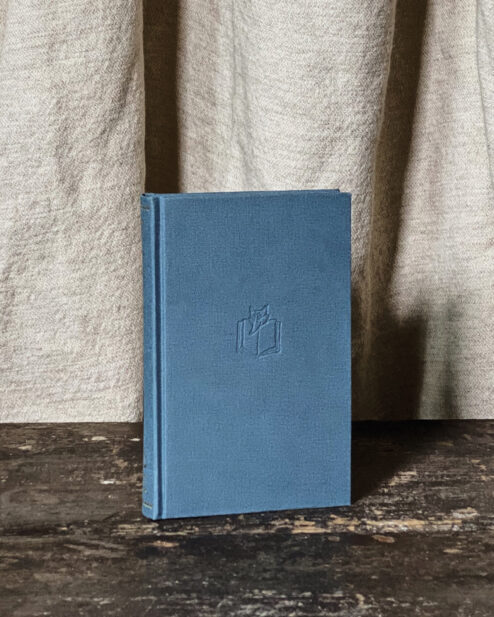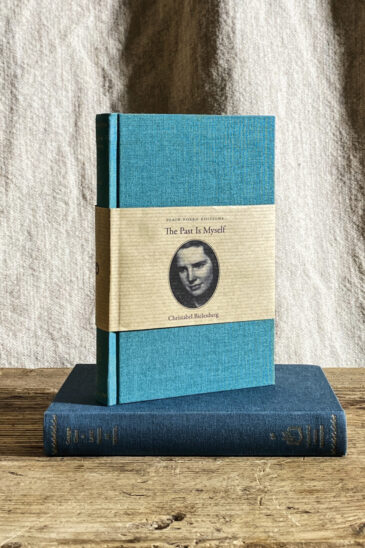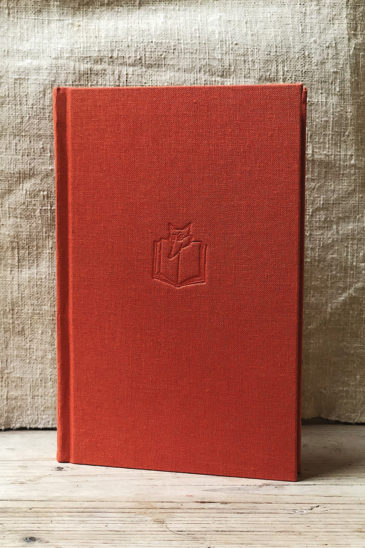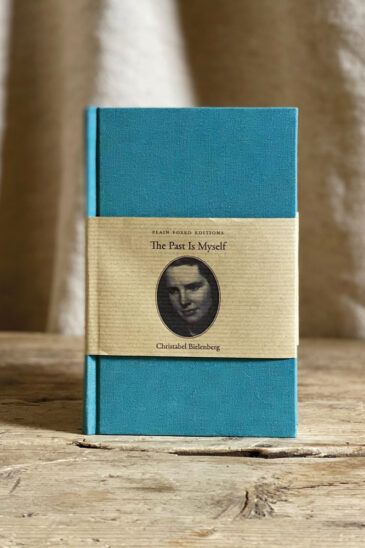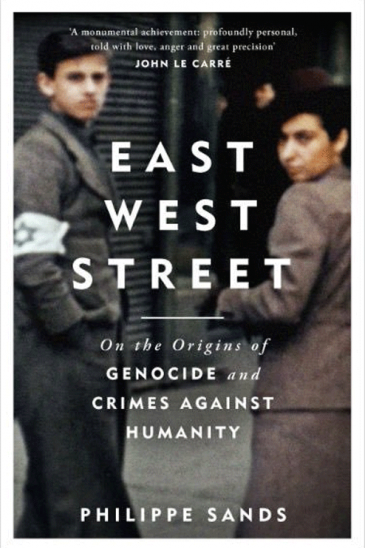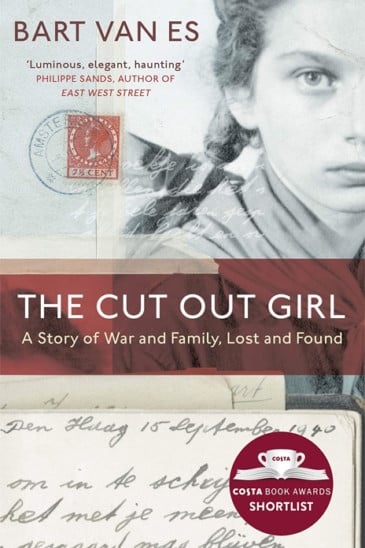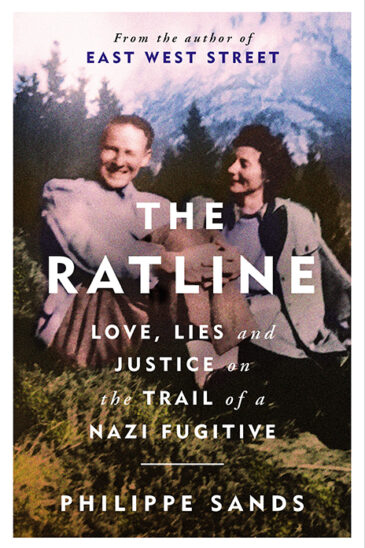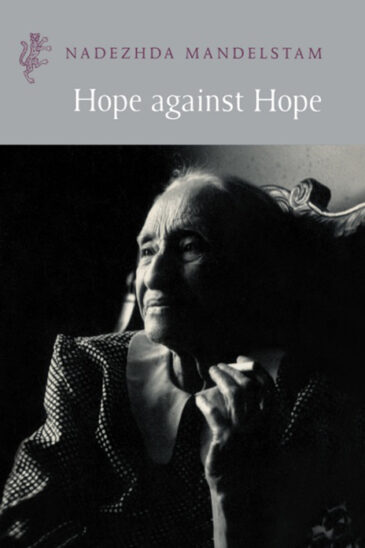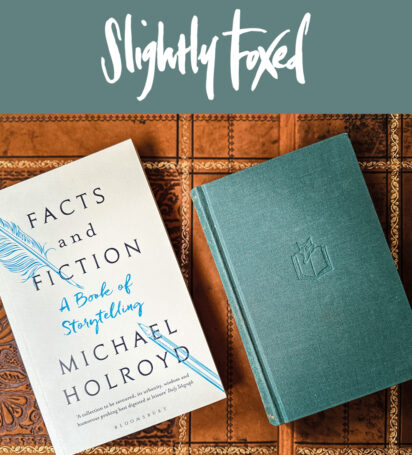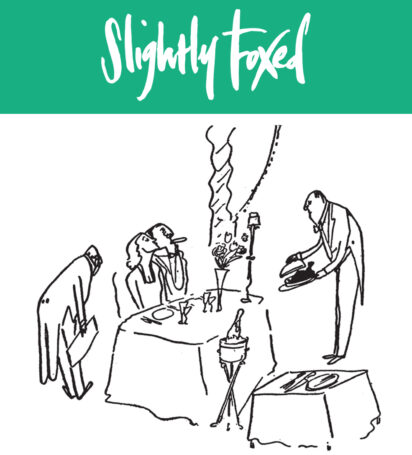Vienna was in full, glorious swing. The grand Konzerthaus had been transformed into a scene of exuberant rural escapism: magically, they had recreated the famous White Horse Inn, the village square and the maypole; they had even brought in real cows and horses.
Bands were playing, there was dancing and singing and plenty of beer. With the arrival of Schuschnigg, the Chancellor of Austria, the crowd erupted into wild applause and cheering. It was Kirtag in St Gilgen, the first ball ever attended by the 17-year-old Georg Klaar, and he stayed until the band had played the very last waltz.
But this was February 1938. On 11 March, lorries began thundering into the streets, filled with uniformed men waving huge swastikas and shouting repeated slogans: ‘One people, one kingdom, one leader!’ and ‘Death to Jews!’ Vienna, once the proud capital of the enormous Austro-Hungarian Empire, was now cruelly betrayed and annexed by the German Third Reich. Life for the Klaar family had changed forever.
Barely four years later, Georg Klaar had become George Clare and was serving in the British army. Almost nothing, save memories, was left of his earlier, exuberant and promising young life as part of a large, supportive Jewish family of doctors and bankers, in a generally tolerant and cosmopolitan city. Worst of all, his parents, hiding in the Ardèche region of Vichy France, had been arrested and taken to Auschwitz. As Arthur Koestler was to say, the family become ‘like actors in a Lehár operetta suddenly cast in the roles of a Greek tragedy’. Only with hindsight can George discern the complex reasons for their destruction, and for the whole appalling waste of the wars of the twentieth century – indeed, of all war.
This is a profoundly moving, honest and unforgettable memoir, remarkably devoid of self-pity, though not of anger. Vigorously and compassionately written, nostalgic, gentle and ultimately forgiving, it is not just a searing history lesson: it also offers stark lessons for the politics of our own century, and of our shared world.
‘Admirable, combining very cleverly the historical and personal.’ Graham Greene
‘This poignant memoir is written from the heart . . . the truest defence against political hatreds for the future.’ David Pryce-Jones, Financial Times
‘A deeply moving book. I felt enriched and grateful after reading it.’ John le Carré
‘Clare leads us gently, but inexorably, to the edge of the pit and then leaves us to look down into it.’ Edward Crankshaw, Observer
Elegy to a Family
I have a photo of Aunt Margaret standing outside Vienna’s Hofburg Palace, beret jauntily askew. It is 1937 and, aged 28, she is on her return with a friend from Czechoslovakia, travelling in an...
Read more




